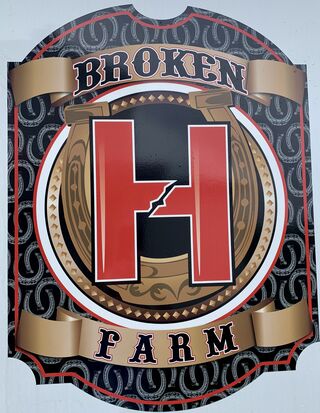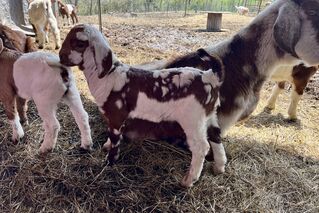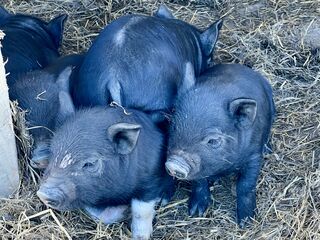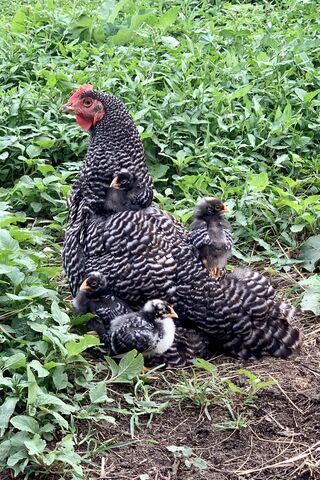Is a Heritage Breed right for your farm?
What is a heritage breed and why choose one? Heritage Breed is a term used to designate livestock and poultry breeds with a long history in the United States. They are breeds that were bred and developed over many years to have specific traits that made them suited to their regional environment. Typically, these breeds were developed prior to industrial agriculture and can trace their founding to the 18th and 19th centuries.
So why choose one? Good question. Typically, these breeds have been developed to need fewer human inputs than the industrial breeds. Meaning they do well on pasture or free range, they will incubate and raise their own young, they can breed naturally, they are hardy and are more parasite resistance to name but a few traits. Sounds good right? So, what are the cons? Typically, they grow at a slower rate and don’t produce to the same level that the modern hybrids or breeds of industrialized agriculture. Example an industrial pig can get to 250# (butcher weight) in 6 months while it may take a heritage pig like the Kune Kune or American Guinea Hog 16 months to get to 150# (butcher weight). (There are heritage hogs that take less time than these 2 breeds) However, the industrial pig needs high grain inputs and typically confinement to be raised and to raise its young, while the heritage breeds do well on pasture with minimal grain and assistance. The industrial breeds often have temperament issues, where the heritage breeds have less. The same can be said of cattle or poultry. Faster gains perhaps, but higher inputs in feed and labor and a decrease in natural hardiness aka health.
Let’s talk about poultry (chickens) for a minute. The heritage flock will replicate itself. A one time investment is all that’s really needed, and you’ll be in eggs for years. They will reproduce and raise their chicks all on their own. Females will give you eggs in 6 months and in 4 months young roosters will provide a nice meal for the table. Old hens make a good stewing carcass. All while largely free ranging or being on pasture, equaling less cost.
It comes down to what is the goal of your farm? Are you looking to feed your family and a few neighbors/customers in a more natural setting or are you wanting to serve a large customer base in a more intensive environment? The market for products from heritage breeds is increasing with a good price for those products too allowing the small producer a chance at profit if managed correctly. Heritage breed meats and eggs are being sought after by more establishments with customers recognizing the improved taste and health benefits of these.
Today there is a lot of focus on the carbon footprint, the damage that raising animals and farming does to the environment. Its hard to argue that fertilizer and manure run off is damaging to water ways. Its hard to argue that pesticides and herbicides, like Roundup, have long term negative effects. (Look at the lawsuits against Roundup) Its hard to argue that medicines to treat infections and combat parasites are not seeing resistance, making treatments more difficult. Guess which operations use the most of these? It’s not the small family farm/homestead with the living histories in the pasture and barnyard.
What is stopping you from embracing history? What is stopping you from raising a heritage breed? What is stopping you from eating foods your grandparents knew? Take the leap, choose heritage.
#Heritagebreeds




